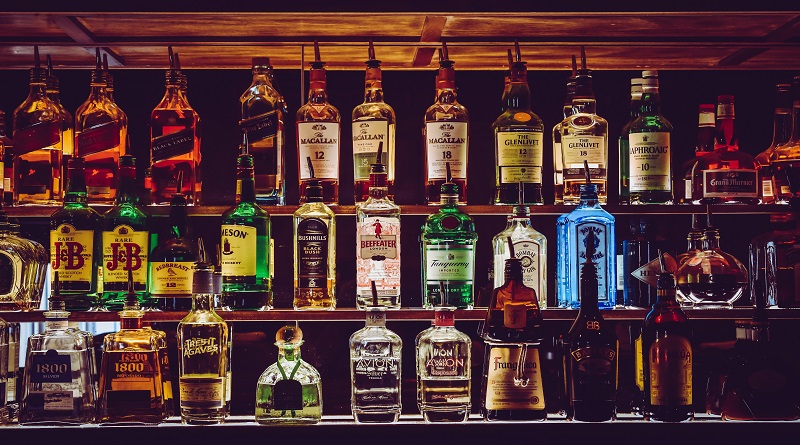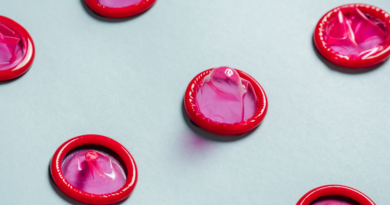How to drink alcohol safely
People around you may be drinking alcohol, or perhaps you like the taste or feeling of it. But how do you drink safely?
Many of us drink alcohol, and that’s okay. For a lot of us, alcohol can be an important social lubricant, and a good way to relax with friends or family – so no-one is telling you that you need to stop drinking. Having said that, alcohol is addictive, so we think it’s important to know the risks of drinking too much and try to reduce how much you drink.
How much is too much?
The NHS advises that people should not drink more than 14 units of alcohol a week. But what does that actually mean? Well, 14 units is equivalent to 10 small glasses of wine or 6 pints of average-strength beer.
And here’s the run down for some other bevvies of choice:
One small shot of spirits, such as vodka, gin, or rum = 1 unit
One alcopop = 1.5 units
One small glass of wine = 1.5 units
One pint of low strength beer or cider = 2 units
14 units may seem like a lot, but at a party you can easily rack up those units in one night alone.
Alcohol risks
Binge drinking may seem like fun but it increases your risk of being involved in an accident, misjudging risky situations, and losing self-control where you do something you regret.
You can still have fun, go to parties, and drink if you choose to, but you may want to try these tips:
🍻 Limit how much you drink
This can be difficult as it’s so easy to have “just one more drink”, especially when you’re having fun. You can try alternating each alcoholic drink with water or a soft drink. This may limit how much alcohol you consume, and water will also keep you hydrated and feeling fresher in the morning.
🍻 Drink slowly
If you drink slowly, alcohol is being absorbed in your body at a lower rate. You’re also less likely to drink huge amounts as you’re taking your sweet time.
🍻 Drink with food
This helps line your stomach, so it takes longer for your body to absorb the alcohol. This means that you’re less likely to get drunk.
🍻 Drink low-strength drinks
Swap your gin and vodkas for a drink with a lower percentage of alcohol, such as weak beer or wine.
How to overcome peer pressure
But what about if you don’t want to drink? If your friends or someone you like is drinking, you may feel the pressure to crack open a beer too. Adults often tell young people to “just say no” to alcohol, but that’s a lot easier said than done.
Here’s a few strategies you can use to say no without being labelled as boring:
🍹Drink something else
If you’re at a party, you can bring a juice or soft drink and put that in your cup. No one will know that it’s not alcohol and it will stop people asking “why aren’t you drinking?”
👬 Blame your parents
Put the responsibility on someone else, so it’s not your decision. You could say “My parents are super strict, so if I drink they won’t buy me the new trainers I want.”
💭 Make something up
Most people know that you can’t drink alcohol on some antibiotics. So if someone is constantly asking you why you aren’t drinking, tell them you’re on a course of antibiotics.
✌️ Act confident
You may feel self-conscious or embarrassed, but if you act confident by cracking jokes, laughing and dancing, people are less likely to ask you why you’re not drinking. Remember, you don’t need alcohol to have fun.
Where to find alcohol support
If you feel worried about alcohol and you think it may be a problem for you, there’s lots of support for you. If you’re not sure if you need help, ask yourself:
💭 Do I regularly feel the need to have a drink?
💭 Is my drinking causing me problems?
💭 Do I get into trouble because of drinking?
💭 Do other people comment about the amount I drink?
If you answered yes to some of those questions, you may want to talk to someone you trust, your local GP, or reach out to local alcohol support services. Ultimately, if you enjoy drinking the odd beverage, that’s totally okay. But if you do, it’s important to drink safely and look out for those around you too.
For more facts about drinking and alcohol, head over to drinkaware.co.uk.
Other support
- Alcohol and sexual consent
- The Mix – Drinking alcohol
- The Mix – I’m tee-total, not boring
- YoungMinds – Drugs and alcohol
Read more
Last Reviewed 16 August 2023
Image Credit: Chris F via Pexels





